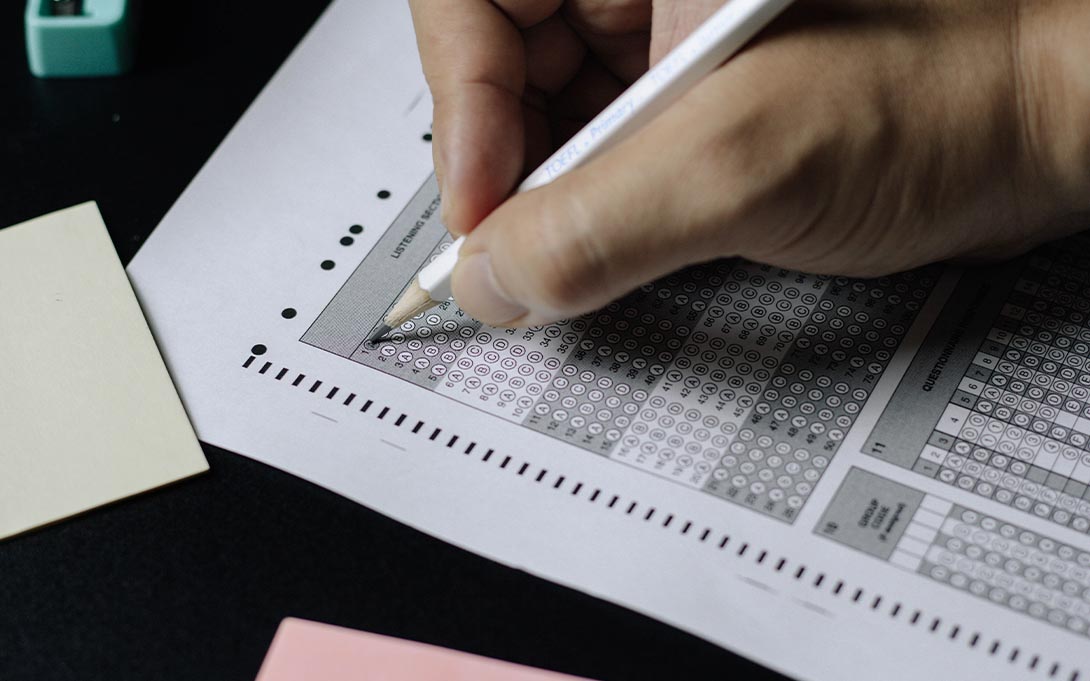The Causes and Consequences of Test Score Manipulation: Evidence from the New York Regents Examinations
In this paper, we show that the design and decentralized, school-based scoring of New York’s high school exit exams – the Regents Examinations – led to the systematic manipulation of test scores just below important proficiency cutoffs. Our estimates suggest that teachers inflate approximately 40 percent of test scores near the proficiency cutoffs. Teachers are more likely to inflate the scores of high-achieving students on the margin, but low-achieving students benefit more from manipulation in aggregate due to the greater density of these students near the proficiency cutoffs. Exploiting a series of reforms that eliminated score manipulation, we find that inflating a student’s score to fall just above a cutoff increases his or her probability of graduating from high school by 27 percent. These results have important implications for educational attainment of marginal high school graduates. For example, we estimate that the black-white graduation gap is about 5 percent larger in the absence of test score manipulation.

We are extremely grateful to Don Boyd, Jim Wyckoff, and personnel at the New York City Department of Education and New York State Education Department for their help and support. We also thank Josh Angrist, David Deming, Rebecca Diamond, Roland Fryer, Larry Katz, Justin McCrary, Petra Persson, Crystal Yang, and numerous seminar participants for helpful comments and suggestions. Elijah De la Campa, Kevin DeLuca, Samsun Knight, Sean Tom, and Yining Zhu provided excellent research assistance. All remaining errors are our own. The views expressed herein are those of the authors and do not necessarily reflect the views of the National Bureau of Economic Research.
